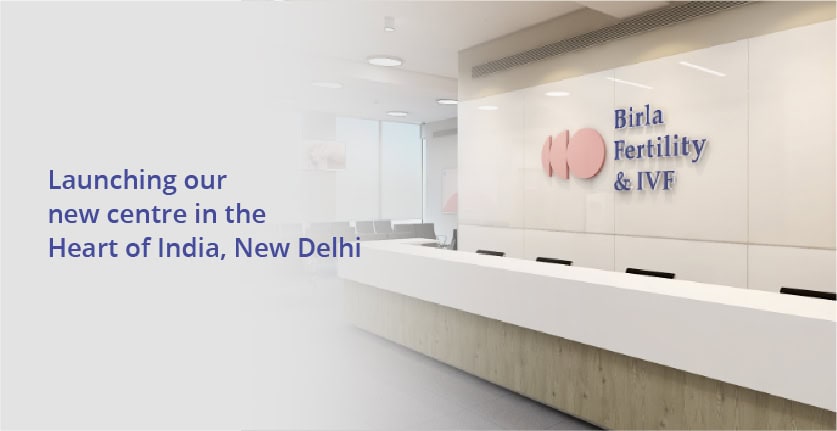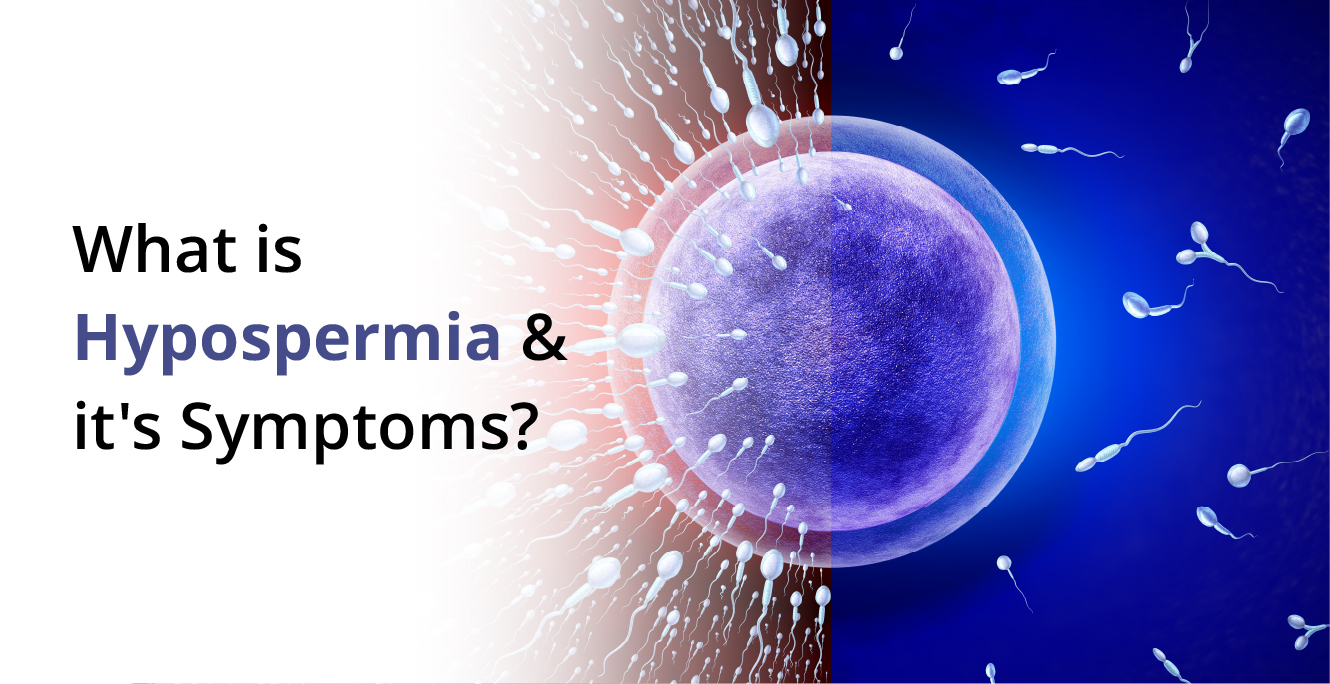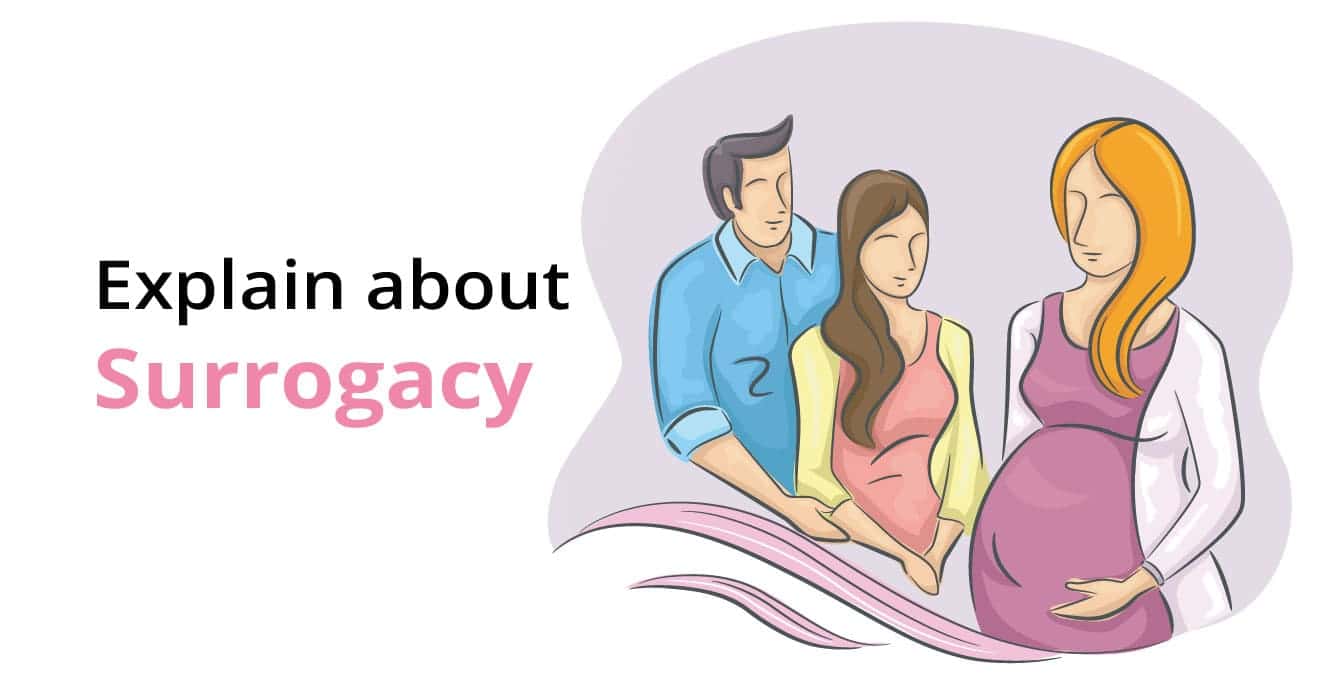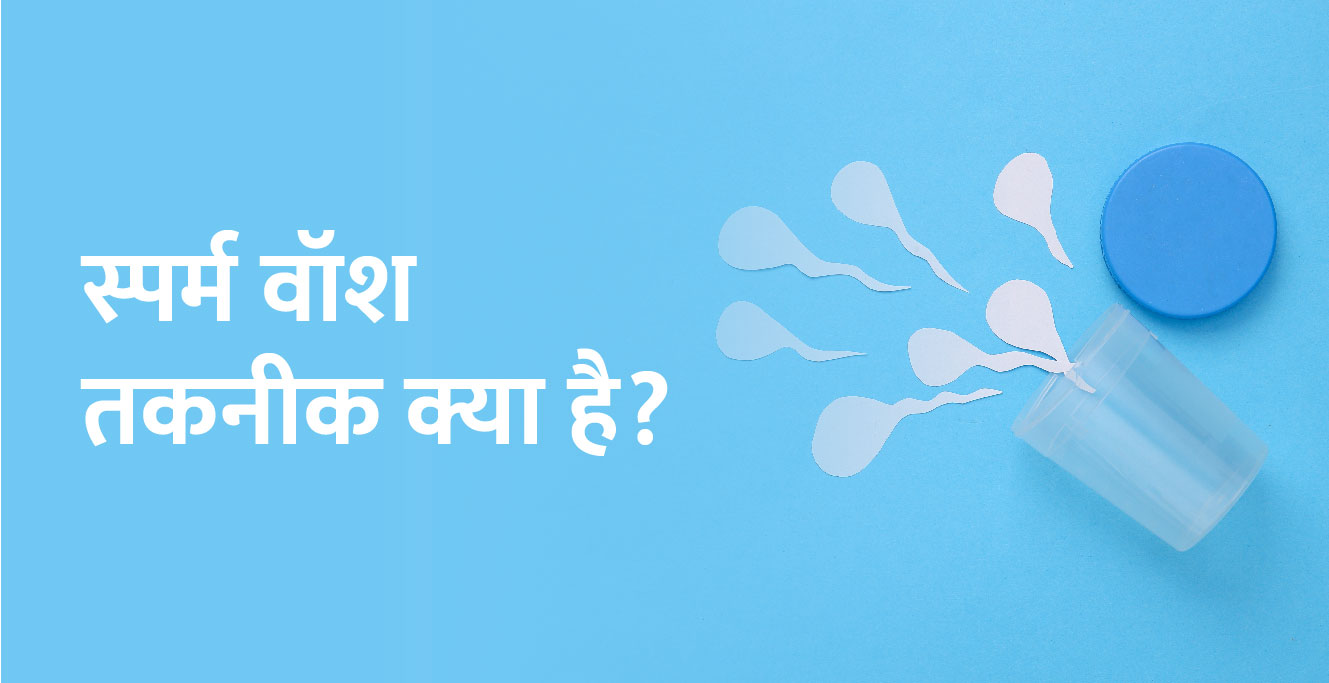What is In Vitro Maturation (IVM) ?
- Published on June 07, 2022
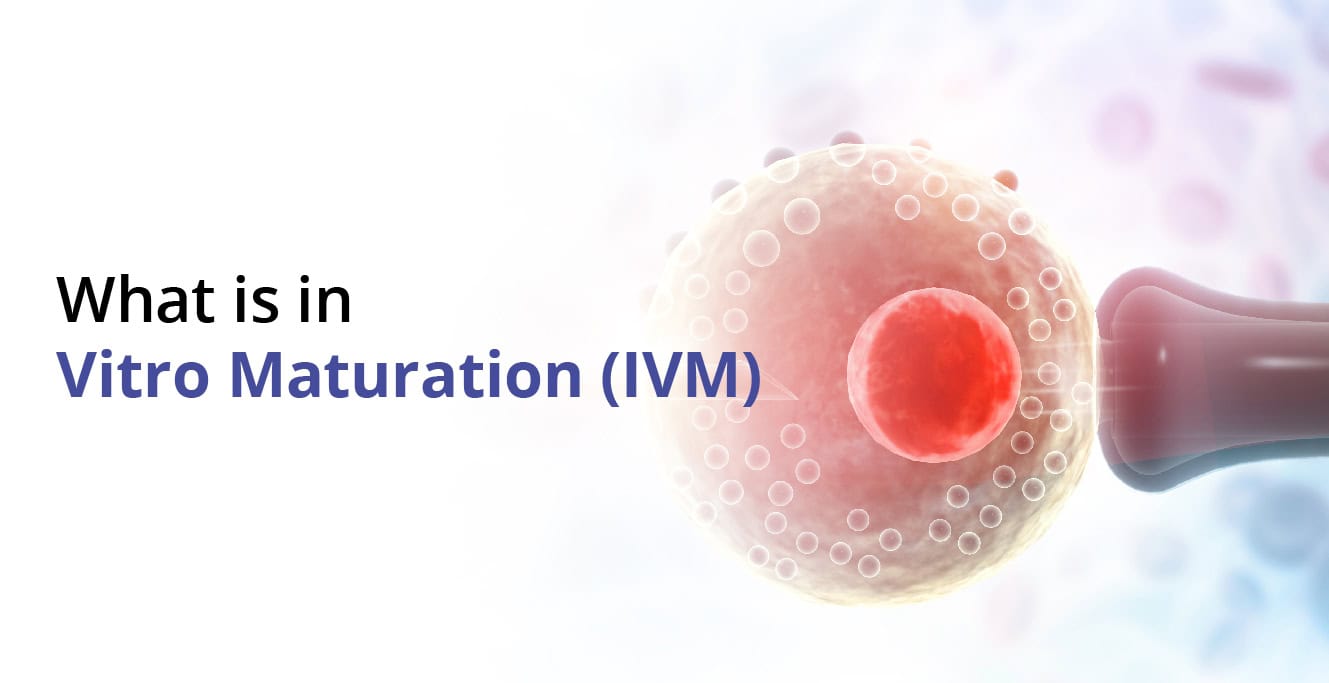
In vitro maturation (IVM) is an assisted reproductive technology in which the eggs are retrieved from the woman before their maturation as the process of maturation is done outside the body in a petri dish whereas in IVF the maturation is done and induced inside the uterus only with injectable hormones.
Before a woman is born, her eggs (also known as oocytes) are already created when she is in her mother’s womb. Until puberty, when normal hormonal changes force an egg to mature (ripen) and be released each month, these eggs remain dormant in her ovaries.
When a woman goes through IVF, she is given medication to help increase the number of eggs and allow them to mature at the same time in the uterus. When these eggs are fully matured, they are discharged from the ovary and timed with the sperm in a laboratory with hopes of fertilization. Some are developed and others do not develop for fertilization. These eggs could not be used for IVF in the previous years but now with several types of research done on the same, the eggs are taken out before the maturation i.e the immature eggs are taken and ripen outside the body in a petri dish because of advances in the technology and this whole process is called In vitro Maturation (IVM).
Table of Contents
In Vitro Maturation Pregnancy Sucess Results
In Vitro Maturation (IVM) is widely not recommended these days by doctors. Experts commonly advise IVF for assisted reproduction. The success rate of IVM may vary from one fertility clinic to another depending on the expertise of the doctor. However, the average success rate of IVM reported by some studies is approximately 30% to 35%.
IVF vs IVM
In IVF, an assisted reproductive technology that is traditionally performed with eggs that were matured in the ovary and not outside in a petri dish in a laboratory. For women who do not ovulate regularly, injectable fertility injections like gonadotropins and other fertility medications are used to stimulate eggs.
Injectable gonadotropins or other fertility medicines are frequently used to stimulate egg maturation in women who do not ovulate on a regular basis. This enables the gathering of a higher number of mature eggs, allowing for the selection of the best embryos for transfer.
The hormones used in IVF are not affordable for everyone, every couple’s budget with respect to IVF is different, and not every clinic offers a plan that fits their budget. Birla Fertility and IVF are known for offering customized treatment plans making the whole treatment affordable and transparent. Furthermore, the hormones used like gonadotropins have the potential to trigger Ovarian Hyperstimulation Syndrome (OHSS) which can be very risky or even fatal.
On the other hand, IVM is a process in which the immature eggs are obtained from the ovaries and then matured in the laboratory and it has surely achieved higher success rates.
When comparing IVF with IVM, it’s important to understand that IVM success rates are lower than those stimulated IVF cycles. Rates of pregnancy start to decline as a women age, above 35 years of age the pregnancy rates are quite low. As a result, the IVM procedure should only be conducted on women who have sufficient egg reserves and who are not suitable candidates for a stimulated cycle owing to health problems, financial concerns, or both.
Who is the best candidate for IVM?
The best candidates for IVM should meet the below-mentioned criteria:
- Under 35 years old (best would be below 30 years of age)
- Have a significant number of follicles per ovary (preferably >15), as shown on a vaginal ultrasound
- Have had undergone a stimulated IVF cycle, that resulted in producing a large number of eggs
- Maintaining a healthy weight
How does IVM Works?
Step-by-step procedure on how IVM works:-
- A transvaginal ultrasound is done between 3-5 days of the menstrual cycle to confirm the presence of follicles containing the eggs in the ovaries.
- After that, an HCG injection is given to the woman and then immature eggs can be collected post 36 hours of injection.
- Post 36 hours, a minimally invasive procedure is done, similar to the traditional IVF cycle in which mature eggs are obtained.
- The next step is to mature the immature eggs and for that immature eggs retrieved are placed in a petri dish in a laboratory under a specific temperature.
- In the fertilization procedure, known as intracytoplasmic sperm injection, each individual egg is injected with sperm rather than being cultivated with sperm as in a regular IVF cycle (ICSI)
- The embryos are incubated for a few additional days in order for them to develop sufficiently to be transferred and this step is the same as in the conventional IVF cycle
- As per the next step, the woman is given estrogen and progesterone injections to help prepare her uterus
- To increase her chances of conceiving, the best-chosen embryos are implanted post-selection during the implantation period.
- Then it is the choice of the couple if they want to do the implantation and transfer of the embryo in this cycle or freeze the eggs and use the embryo later.
- Pregnancy occurs when the embryo implants in the uterine lining. Within 1-2 weeks, a pregnancy can be verified.
To Conclude
If any couple wants to pursue IVM, they should be given the right knowledge regarding the risks, the costs, and the success rates of IVM procedure. IVM is a simple procedure and it is surely not for everyone so it is always a wise decision to consult a specialist to help make an informed decision. To know more about IVM and to check if you are the right candidate for IVM, consult with Dr. Shilpa Singhal.
FAQs:
- Is IVM successful?
The success of IVM would depend on if the candidate pursuing IVM is the right candidate for the procedure.
- What is the success rate of IVM?
Despite the fact that IVM is not as popular as IVF, success rates for a single cycle of IVM are around 32%, compared to an average of 40% for a single round of IVF but to know more consult a specialist because each woman’s body is different.
- Is it available at every fertility centre?
Yes, there are several centres across the nation that offer IVM as part of IVF cycles.
- How much does IVM cost?
The cost of IVM is definitely lower than IVF and the prices of each centre vary.
Related Posts
Written by:
Dr. Shilpa Singhal
Consultant
Dr. Shilpa is an experienced and skilled IVF specialist providing a wide range of infertility treatment solutions to people across India. With over 11 years of experience under her belt, she has contributed immensely to the medical fraternity in the field of fertility. She has performed over 300 infertility treatments with a high success rate that has transformed the lives of her patients.
Dwarka, Delhi
Our Services
Fertility Treatments
Problems with fertility are both emotionally and medically challenging. At Birla Fertility & IVF, we focus on providing you with supportive, personalized care at every step of your journey towards becoming a parent.Male Infertility
Male factor infertility accounts for almost 40%-50% of all infertility cases. Decreased sperm function can be the result of genetic, lifestyle, medical or environmental factors. Fortunately, most causes of male factor infertility can be easily diagnosed and treated.We offer a comprehensive range of sperm retrieval procedures and treatments for couples with male factor infertility or sexual dysfunction.

































